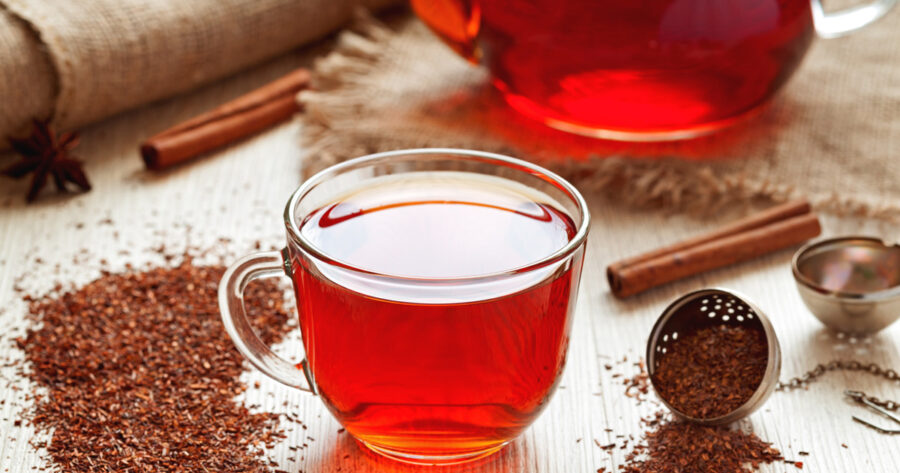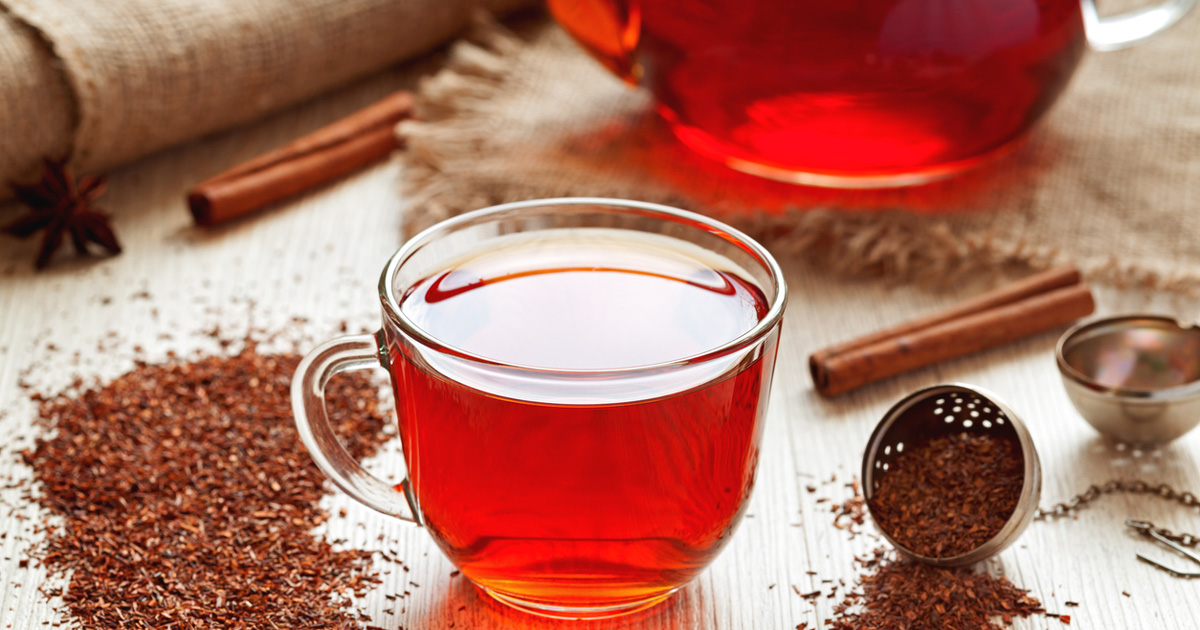
EU Approves Designation of Rooibos / Redbush, First African Food to be Registered
South Africa’s Rooibos has become the first African food to receive the status of a protected designation of origin in the European Commission register. This decision by the EU means that the name ‘Rooibos’ or ‘Red Bush’ can only refer to the dried leaves of 100% pure ‘Rooibos’ derived from Aspalathus linearis that has been […]

South Africa’s Rooibos has become the first African food to receive the status of a protected designation of origin in the European Commission register.
This decision by the EU means that the name ‘Rooibos’ or ‘Red Bush’ can only refer to the dried leaves of 100% pure ‘Rooibos’ derived from Aspalathus linearis that has been cultivated or wild-harvested in designated local municipalities of the Western and Northern Cape Provinces.
Western Cape Minister of Agriculture, Dr Ivan Meyer, welcomed the EU’s approval of ‘Rooibos’/’Red Bush’ in its Register of Protected Designations of Origin and Protected Geographical Indications.
Dr Meyer said in a statement: “Rooibos is one of the most iconic products of the Western Cape, and its inclusion in the EU’s Geographical Indication Register will signal its unique quality to consumers, not only in Europe but all over the world.”
Product names registered as ‘protected designations of origin‘ have strong links to their origin since every production, processing, and preparation aspect must take place in that specific origin using recognised know-how. (Similar to how sparkling wine cannot be called champagne unless it originated and was produced in the Champagne region of France.) A product protected as a protected geographical indication requires that at least one of the stages of production, processing or preparation takes place in the place of origin.
The registration – which was published on 31 May 2021 – will also allow South Africa’s Rooibos industry to use the EU logo – which is well-recognised by consumers in Europe. In addition, the use of the logo will indicate the value of Rooibos as a unique and exclusive product.
Meyer continues: “It will also enable South African producers of ‘Rooibos’/’Red Bush’ to market their products better in the EU. We expect that this will lead to an increase in demand by discerning consumers with the benefits eventually trickling back to farms in the designated production area.”
According to some South African expats in Europe, there is already a demand for Rooibos… but just not enough supply. “None of the supermarkets in Antibes currently have Rooibos on their shelves,” says Sheryl Anderson, an expat living in the south of France town. “We used to be able to buy Rooibos at all the main supermarkets – Intermarche, Monoprix, Carrefour – for the last few years… but lately there have been no stocks. One shopkeeper told me it is because of Brexit, and that they used to import Rooibos via England. Hopefully this new registration will mean they import directly from SA.”
According to the South African Rooibos Council, the Rooibos industry provides income and employment to approximately 8 000 agri workers. In addition, other jobs are created in upstream activities such as processing, packaging, retailing etc.
Head of the Western Cape Department of Agriculture, Dr Mogale Sebopetsa, says that his Department has been working with the Rooibos Industry since the 1990s to prevent the name from being misused by others.
“The inclusion of Rooibos / Red Bush in the Register recognises the fact that it can only be produced in parts of the Western Cape and Northern Cape Provinces. In this way, we safeguard our heritage for posterity.”
The decision by the EU creates the ideal platform for growing the Rooibos industry.
“Safeguarding our traditions and culture will certainly advance the Rooibos industry’s commercial interests and lead to an increase in production, exports and jobs”, concludes Meyer.
